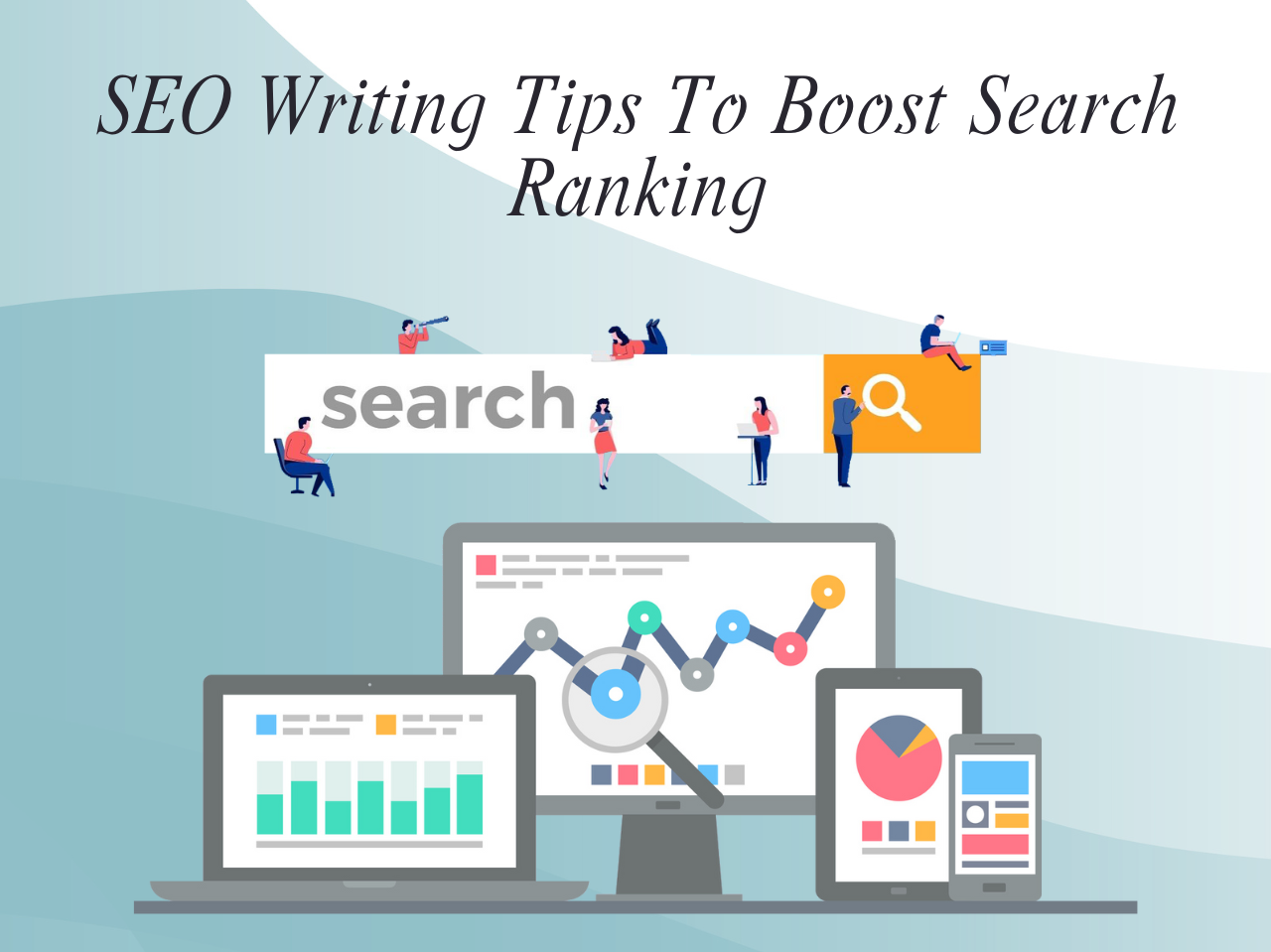
One of the most important strategies for digital marketing is getting organic traffic. And the best way to increase your traffic is to get better ranking on Google. A solid SEO strategy will help you with this, but there is much more to your blog than just implementing on-page and off-page SEO rules. SEO writing is a must, and it will guarantee that you are not neglecting the user experience in your pages. After all, page experience is one of the most important ranking factors as stated by best SEO Agency in Malaysia, LinsAd. If you want to understand SEO writing better, keep reading!

SEO writing is a method of writing content that makes it easy for search engines to see what the content is about and whether it is of high quality. SEO writing optimizes the content on the page so that search engines can crawl its content more easily and rate it favourably. When it is judged more favourably, it is ranked better in the SERP. If the content is created without SEO writing, it may not be search engine friendly, and crawlers may not even figure out what the page is about. Writing is also important for SEO as it is a marketing technique that continues for the life of your website. Many people do well with PPC advertising, but if they stop paying for that ad, it won't drive traffic.
1. Write for your target audience first
Write content that fits the interests of your target market or answers their questions. Not all posts need to be about your product or service, but they should all be industry-related. Present yourself and your company as an expert in your industry by writing interesting and informative SEO-friendly content, and do it better than your competition.

2. Add keywords
Your writing must be found before you can make any impact on your target audience. So, keyword research should always come before any research or actual writing. This keyword research will broadly influence your research, as you will discover other ways your target audience may discover your topic. No matter how intelligent they get, search engine algorithms can't recognize the best voice in a piece of writing. But if there are keywords, then you have the opportunity to be heard.
3. Use the headlines to your advantage
Headers help Google's web crawlers understand your blog posts and the sections within them. Think of crawlers as readers who are skimming your blog. They want an overview of what your article will cover, that is your H1. Then your H2s, H3s, H4s break down the sub-topics within the piece. Therefore, your subtitles should reflect the content in the body and include high-intent keywords. When you use the right keywords, which means that your target audience is using, you have a much higher chance of ranking on the SERP.
4. Unexpected hook
With content saturation in almost every workspace, it has become a challenge for genuine readers to find something uniquely valuable on the web these days. That's why delivering ideas or information that people rarely find anywhere else is very important in this age of content. The goal should always be to give your readers what they least expect in your content. It can be an element within your content that is surprisingly practical, actionable, useful or downright original. You focus on including the following aspects to ensure that my own content will provide unique value (or perspective):
Personal experience
your own case studies
Survey

5. Create a well optimized meta title
The title of your article is not necessarily the title shown in search results. Consider that your article has two titles: the H1 tag displayed on the page and the meta title tag shown in the search result snippet. They may be closely related or similar, but not necessarily identical. The most important thing when writing for SEO is that each tag should contain your target keyword. Although the H1 tag is one of the on-page SEO signals that show search engines how the page is structured, the meta title is more important for SEO purposes. The meta title introduces your content to the multiple and correct audience. That's why it's often part of the primary information a user uses to decide which result to tap, especially when searching on mobile.

In SEO writing, you need to consider the goals you set for your strategy and the ranking factors of the search engines. However, writing content is much more of a process of meeting user demand than SEO requirements. When you provide a worthy and unique experience of reading and viewing the page with high quality content, it automatically favours your page's position in the SERPs.
LinsAD, does the best advertising in Malaysia along with website development. With well-qualified and well-coordinated team members LinsAD helps you to find an effective advertising and marketing solution for your business organization that will take your business to another level. Please do visit our official website for more information - https://www.linsad.com.my/.
We are here to assist you with all your advertising needs
© 2016 LINs Advertising & Marketing Sdn Bhd. All rights reserved.
everybody wins!